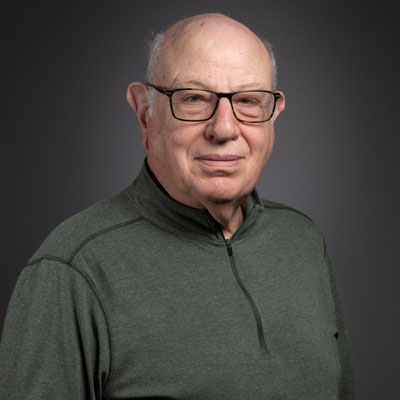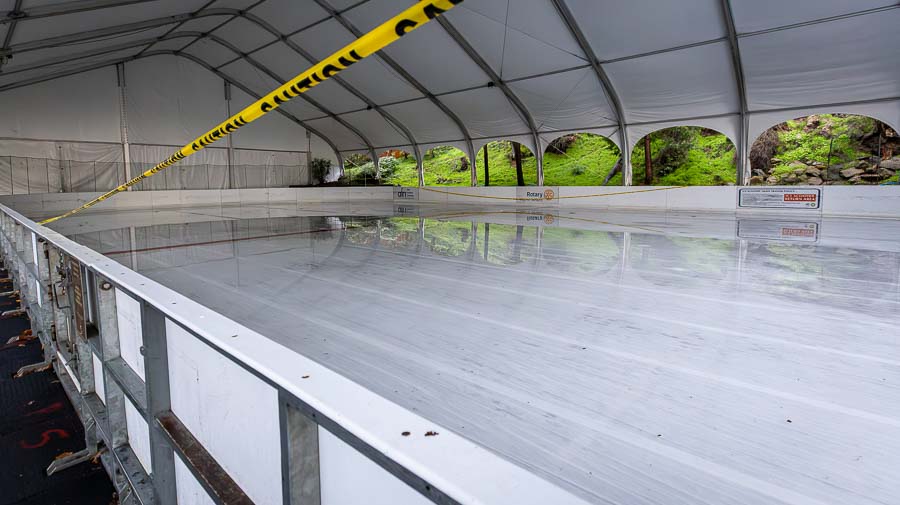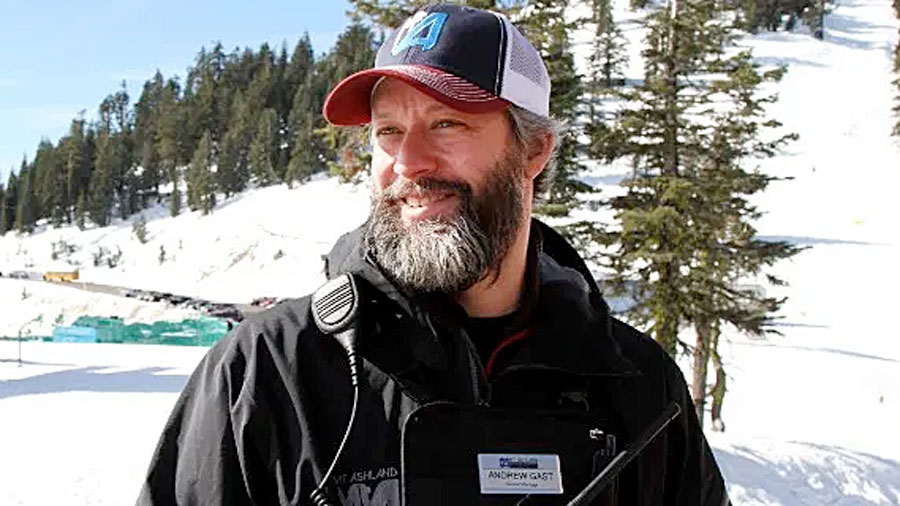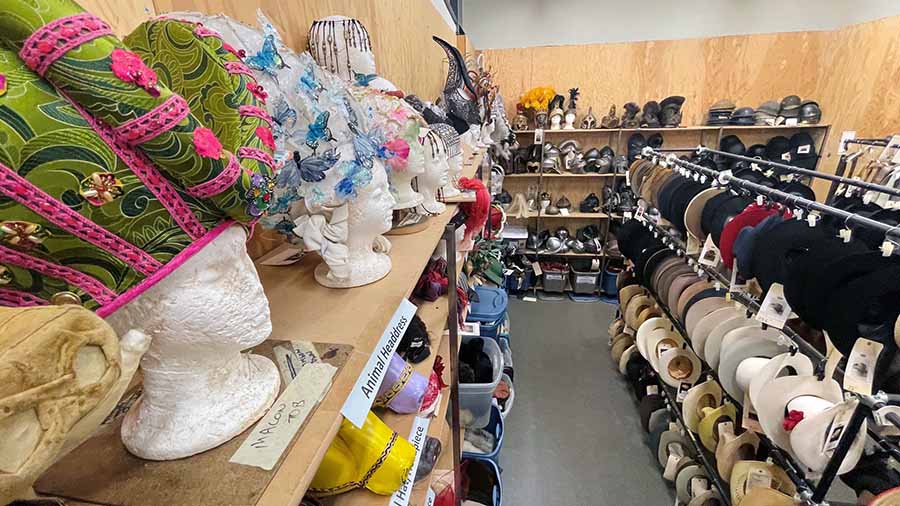Some passersby let us know; about others I speculate
By Herbert Rothschild
There’s lots of time for thoughts to run through your mind if you stand in silence for an hour. I do — each Wednesday from noon to 1 p.m. on the intersection of East Main Street and Central Avenue in Medford. On any given week from six to nine of us stand behind a banner that reads, “No more U.S. tax dollars for genocide in Gaza.”

According to the Cost of War project at Brown University, since Oct. 7, 2023, the U.S. government has spent $21.7 billion on military aid to Israel. In that same time period it has spent an additional $9.65 billion to $12.07 billion on military operations in Yemen and the wider region to suppress resistance to Israel’s war.
A recurrent thought, then, is that our government — and this holds true for Democratic administrations as well as Republican — rarely hesitates to fund death. In this regard, the sole distinction of President Donald Trump’s administration is that it funds the starvation of people in Gaza while it defunds the feeding of people at home.
Another thought that keeps running through my mind as I stand on the corner is that the focus on Gaza obscures Israel’s ethnic cleansing on the West Bank. My friend Avram Sacks, an Ashland resident who is now helping Palestinians with their olive harvest, is seeing firsthand the reality of life in the occupied territory. He has sent me a few updates.
The most eye-opening has been a Sky News (British) TV report of life under the occupation called “Armed settlers and segregation: Inside the West Bank.” It’s not quite 30 minutes long. I urge all my readers to take the time to view it. It’s unlikely you’ll ever get from U.S. media such a vivid sense of the daily abuses Palestinians must endure at the hands of the Israeli military and the settlers.
On July 23, the Knesset, Israel’s parliament, approved a nonbinding motion calling for Israel to apply its sovereignty over Judea, Samaria and the Jordan Valley, major portions of the West Bank. The vote was 71-13 in favor. Since there are 10 non-Jewish members of the Knesset, only three Jewish members opposed annexation. Within a year, a binding law will probably pass. Meanwhile, this year the government has approved nearly 30,000 additional settlement units on Palestinian land.
Trump’s peace plan for Gaza, announced Sept. 29, was silent about the West Bank. While I welcomed the ceasefire and the exchange of hostages it made possible, I had no illusions that it will save the residents of Gaza, who were frozen out of the negotiations. Hamas won’t disarm until Israel leaves Gaza, and Israel will never leave Gaza. Even the plan doesn’t call for it to withdraw completely. (To understand the plan, a good place to start is Phyllis Bennis’ article in the Oct. 20 issue of The Nation.)
What runs through my mind most often, however, as I stand on the corner, is what’s on the minds of those who pass by us, mostly in their vehicles, a few on foot. Some let us know. Only a handful have expressed disapproval. An encouragingly sizable number have indicated solidarity. A few of those honk their horns repeatedly, but most just tap the horn once or twice or wave their hands.
I like the low-key affirmations. Our witness doesn’t have the tone of a pep rally, as the large Indivisible demonstrations do, with their blaring horns and cheering crowds. That humans do such heartless things to one another is, at best, sobering, at worst utterly sad.
But most of those who pass by share no reactions. Many of them don’t even notice us, so intent are they on their present purposes. It’s those who do notice us about whom I think the most. What, if anything, goes through their minds?
Here’s one of my speculations. Suddenly they see something that isn’t supposed to be there and they are perplexed. What is genocide doing in downtown Medford? That’s not part of my day. That’s not part of my life. Am I being asked to make it part of my life? How would I even begin to do that?
Here’s another of my speculations — closely related to the previous one. They see something that isn’t supposed to be there and they don’t register it. Maybe this is the default response. Perhaps I think it is because W.H. Auden’s poem “Musée de Beaux Arts” is never far from my mind in these situations:
About suffering they were never wrong,
The Old Masters: how well they understood
It’s human position . . .
That even the most dreadful martyrdom must run its course
Anyhow in a corner, some untidy spot
Where the dogs go on with their doggy life and the torturer’s horse
Scratches its innocent behind on a tree.
What, I speculate, if the emaciated children were there instead of us? The sight of them would assault the eye more than we do, with our banner that says you and I are complicit, but complicit only in three words that for so many remain but three words — “genocide in Gaza.” So, there would be pileups at the intersection, and the children would be removed as a traffic hazard, and life in Medford would resume its direction.
And what about the children?
And what about the children?
Herbert Rothschild’s columns appear Fridays. Opinions expressed in them represent the author’s views. Email Rothschild at [email protected]. Email letters to the editor and Viewpoint submissions to [email protected].


















